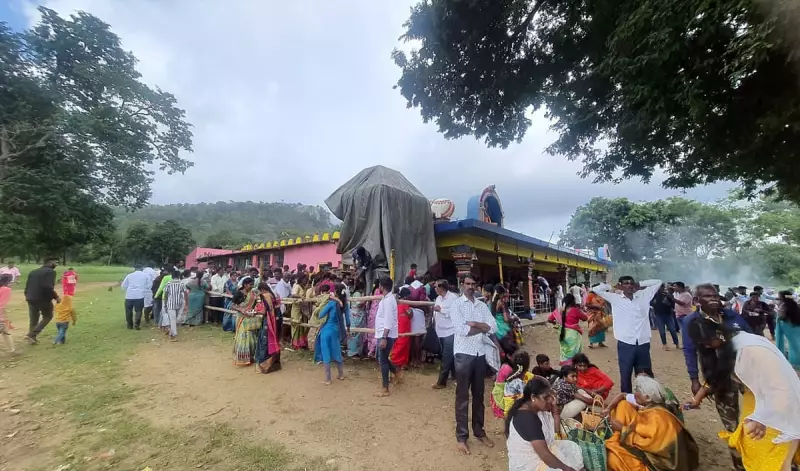
The serene forests of Beladakuppe in Karnataka's Chamarajanagar district have become the center of a growing environmental controversy. As the state government pushes forward with ambitious tourism development plans, conservationists and wildlife experts are sounding the alarm about potential ecological catastrophe.
Tourism Infrastructure Threatens Fragile Ecosystem
Recent developments in the Beladakuppe region, which serves as a crucial wildlife corridor connecting Bandipur National Park with other protected areas, have raised red flags among environmentalists. The construction of new resorts, homestays, and tourism facilities is rapidly encroaching upon vital animal habitats.
"We're witnessing an unprecedented expansion of tourism infrastructure in ecologically sensitive zones," explains Dr. Priya Sharma, a wildlife biologist studying the region. "This corridor is essential for elephants, tigers, and other large mammals to move between forest patches. Fragmenting it could have devastating consequences for genetic diversity and long-term survival."
Human-Animal Conflict on the Rise
Local communities are already reporting increased incidents of human-wildlife conflict. As natural habitats shrink and tourism activities expand, animals are being forced into closer proximity with human settlements.
- Elephant herds damaging crops and property
- Increased leopard sightings near residential areas
- Disruption of traditional animal migration routes
- Noise pollution affecting wildlife behavior patterns
Conservationists Propose Sustainable Alternatives
Environmental groups are advocating for a more balanced approach that prioritizes ecological preservation while allowing for responsible tourism development.
- Strict zoning regulations to protect critical wildlife corridors
- Community-based eco-tourism initiatives that benefit local populations
- Limited infrastructure development in buffer zones only
- Enhanced monitoring systems to track wildlife movement and tourism impact
Government's Development Vision vs Environmental Reality
While state tourism officials emphasize the economic benefits and job creation potential of the development projects, conservationists argue that the short-term gains could lead to long-term ecological disaster.
"Tourism is important for our state's economy, but not at the cost of destroying our natural heritage," says environmental activist Rohan Patel. "We need to find a middle ground that allows for sustainable development without sacrificing our wildlife."
The situation in Beladakuppe represents a microcosm of the larger challenge facing India's conservation efforts: balancing economic development with environmental protection in increasingly crowded landscapes.






